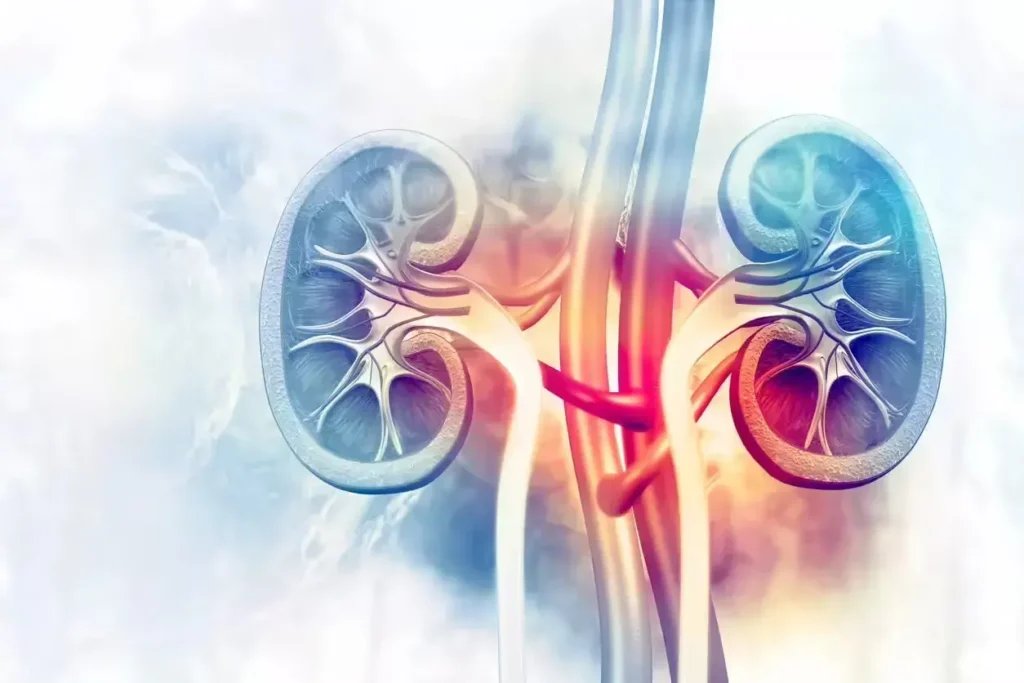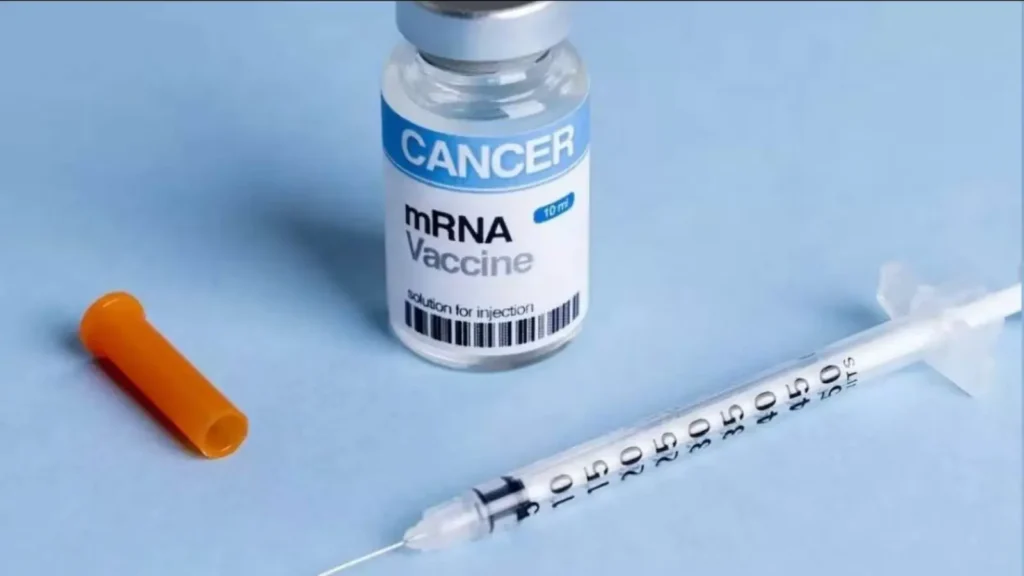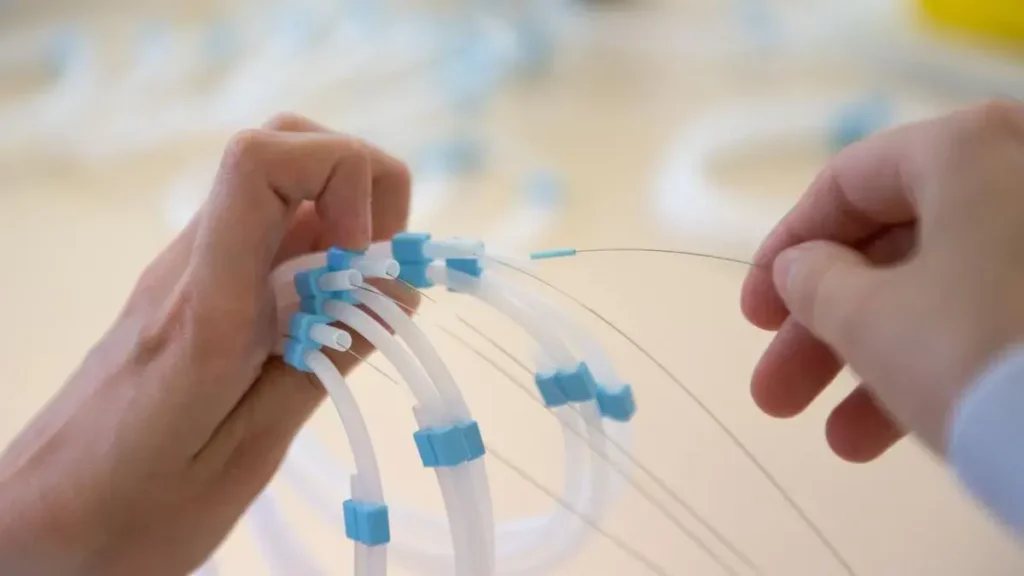Indian Scientists Develop Breakthrough Nanomaterial to Stimulate Brain Cells Without Surgery
In a pioneering development, researchers at the Institute of Nano Science and Technology (INST), under the Department of Science and Technology (DST), have created a nanomaterial that can stimulate brain cells without the use of electrodes, lasers, or magnetic devices. The material, known as graphitic carbon nitride (g-C₃N₄), has shown the ability to enhance neuron growth, communication, and dopamine production. Significantly, it also helped reduce harmful proteins associated with Parkinson’s disease in animal models, offering a potential breakthrough in non-invasive therapies for neurological disorders. Unlike current treatments such as deep brain stimulation (DBS), which require surgical implants, g-C₃N₄ interacts naturally with neurons. Acting like a smart semiconductor switch, it generates subtle electric fields in response to neuronal activity, opening calcium channels that encourage healthy cell growth and connectivity. The INST team confirmed their hypothesis through extensive tests, including Ca²⁺ imaging studies, gene expression analysis, and immunofluorescence assays, proving the material’s unique ability to modulate neurons without fatigue. Lead researcher Dr. Manish Singh described it as the first evidence of semiconducting nanomaterials directly influencing neuronal behavior without external triggers. He noted that the findings could transform treatments for Alzheimer’s, Parkinson’s, and brain injuries, while also laying the foundation for futuristic applications like brain-inspired computing using lab-grown brain organoids. Although more preclinical and clinical studies are required, the discovery signals a paradigm shift in neuromodulation and tissue engineering, with immense therapeutic potential for an ageing global population increasingly affected by neurodegenerative diseases. Source: PIB










